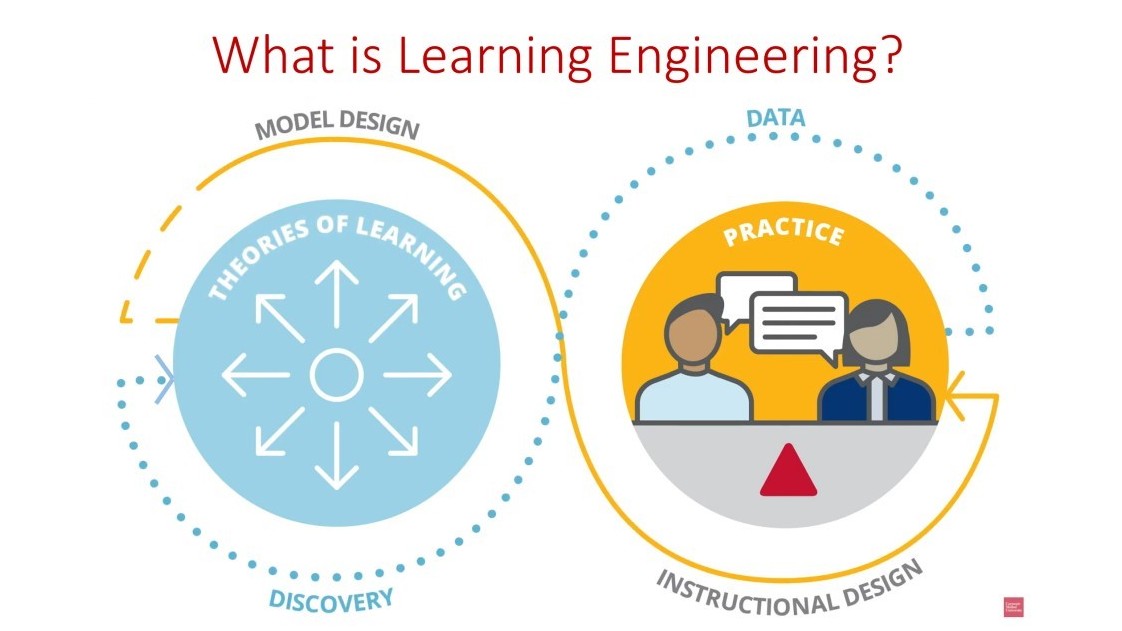Master of Educational Technology and Applied Learning Sciences (METALS)
The world’s first and foremost program for learning engineering
Thinking of applying to METALS?
Missed our Virtual Open House? Don’t worry, you have another chance to learn about our innovative degree in educational technology and learning sciences by watching the recording. You will discover how our program, offered through the School of Computer Science, help you achieve your goals.
To stay informed about all deadlines and future events or ask a question, be sure to complete this form.
Enhance your skills and demonstrate your potential to succeed in the program by taking one of our certificate courses in learning engineering. If you earn a certificate, be sure to mention it in your application.

Shape the Future of Learning in the AI Era
Unlike traditional graduate programs that may feel disconnected from practical application, METALS students learn in a collaborative, project-based environment that bridges the gap between cutting-edge research and real-world implementation, making it particularly valuable for those who want to drive meaningful change.
Students gain the ability to not just create educational content, but to engineer effective learning experiences based on empirical evidence of how people actually learn. METALS trains you to map learning objectives systematically, analyze student progress through sophisticated data analytics, and create technology-enhanced educational tools that respond to learner needs in real-time. This scientific approach to education supports continuous improvement. It represents the future of the field, and METALS graduates are positioned to lead this transformation.
METALS is interdisciplinary; it intersects Human-Computer Interaction, Cognitive Science, Education, Design, Statistics, and Computer Science. This interdisciplinary approach offers you the opportunity to develop a comprehensive skill set that spans cognitive science, data analytics, software engineering, and curriculum design.
Students experience individualized, supportive attention focused on your success. Our classes are small; most classes are 20 to 30 students or less. Each student has a faculty advisor assigned that they meet with individually as needed, and all our faculty maintain an open door policy.
METALS graduates are trained to be:
- Learning Engineers
- Instructional Designers and Evaluators
- Curriculum Developers
- Project Managers
- Educational Data Scientists
- Educational Technology Consultants
- UX Designers
- Entrepreneurs
METALS alumni are employed by:
- Apple
- Microsoft
- Pearson
- Houghton Mifflin Harcourt
- Carnegie Mellon University
- EY
- Carnegie Learning
- among others…
Curriculum
METALS is a two-year master's degree set into a 12-month duration. During the first and second semesters, students learn core knowledge and skills through courses in learning principles, technology design and implementation. During their second and third semesters, students teams collaborate on a substantial capstone project for an external client.
Capstone
In this unique opportunity, METALS culminates with a seven-month capstone project for an external client. Guided by industry and faculty mentors in this team-based research and development project, students experience the end-to-end process of a product cycle from idea through prototyping.
People
Jointly taught by leading researchers in learning sciences, curriculum design, learning analytics, and educational data mining. Our faculty have collective expertise in computer science, psychology, cognitive science, and linguistics among others. As interdisciplinary program, we value the experience and perspectives that our diverse students possess.
Applying to METALS
For this intense program, we seek talented individuals from diverse fields of study and backgrounds who demonstrate their desire make a long-lasting effect impact on education. Applications must be submitted online.
Students with backgrounds in computer science, design, psychology, education or business are encouraged to apply.
